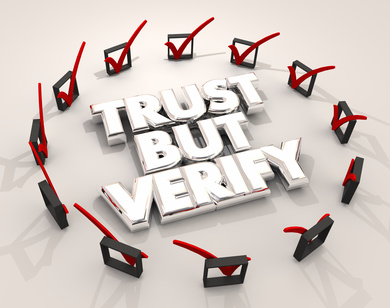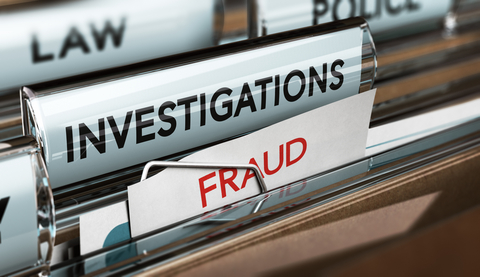Update: My CFE journey
In a previous post, I let everyone know about my plans to pursue the Certified Fraud Examiner credential. After a little over a month, it’s time for an update.
To prepare for the exam, I’m using the online CFE Exam Prep Course from the Association of Certified Fraud Examiners. This course is amazing, and I can’t believe how much info I’m retaining. As a former educator, I’m impressed with the quality of the product and its approach to learning.
The prep course is divided into four sections. The first step in the course is the pre-assessment test, which helps identify your strongest and weakest sections. The results of my test, from strongest to weakest, were:
- Fraud Prevention and Deterrence – No surprise, given what I do.
- Investigation – Still a lot to learn!
- Law – Years of watching TV courtroom dramas and reading police procedurals have not helped.
- Financial Transactions and Fraud Schemes – Again, no surprise. I struggle with accounting in real life, too.
The next step is to go through the review sessions for each section. These sessions consist of about 400 multiple-choice questions based on the Fraud Examiners Manual, and each session takes about 7-8 hours to complete. Wrong answers go back into the question pool, and you keep going through the questions at your own pace until you’ve answered all correctly. Then you move on to the next section.
The ACFE advises that you start with your strongest section to gain confidence, so I did. I didn’t gain much confidence, but I kept on. I’m now in the middle of the last section, and considering how poorly I scored on the pre-test, I’m moving through it quickly. You get familiar with the questions and their style, and the repetition really helps.
What I’m finding is that each section has its tough questions, which take several tries to finally get right, and the easy questions – when you want to raise your hand and say, “I know, I know!”, hoping the teacher will call on you.
As an information professional, former librarian, life-long nerd, and someone who spends her days investigating hedge fund managers, I’m not surprised that these bright spots include:
- Boolean searching
- Asking the right questions
- Report writing
- Securities fraud and regulation
- Spotting potential fraud
- Computer security
So, what have I learned in the past month?
It’s going to take a lot more time – Doesn’t it always? I’ll get a better idea after the second time through the review sessions. Did I retain what I learned during the first? How many sessions will it take before I’m ready for the practice exams? I look at my goals on a weekly basis, and I’ve already made some adjustments.
Never stop studying – Breaks for a vacation and two weeks of tight client deadlines made it difficult to get back to the study routine and the information flow. Even if I need to cut back on the number of hours, daily study is most effective for me. And, right now, the online course seems adequate, but I plan to re-evaluate to see if I need the in-person training.
Never stop writing – I tried cutting down on blogging to free up some time for study, but I miss it. Anyone who lived through my book-writing experience with me would be surprised to know that. For me, and I quote Barbie, “Writing is hard!” In the future, I’ll somehow work writing into my schedule.
I’m on the right path – While not completely relevant to the work I do and only a month into it, I’ve already learned a lot that’s helped with client projects. The prep course and the Fraud Examiners Manual are never boring, even the sections on law and accounting principles. Honestly, I’m not sure where it’s taking me, but I’m willing to find out – and enjoy the journey.
I’ll keep you posted on my progress.


